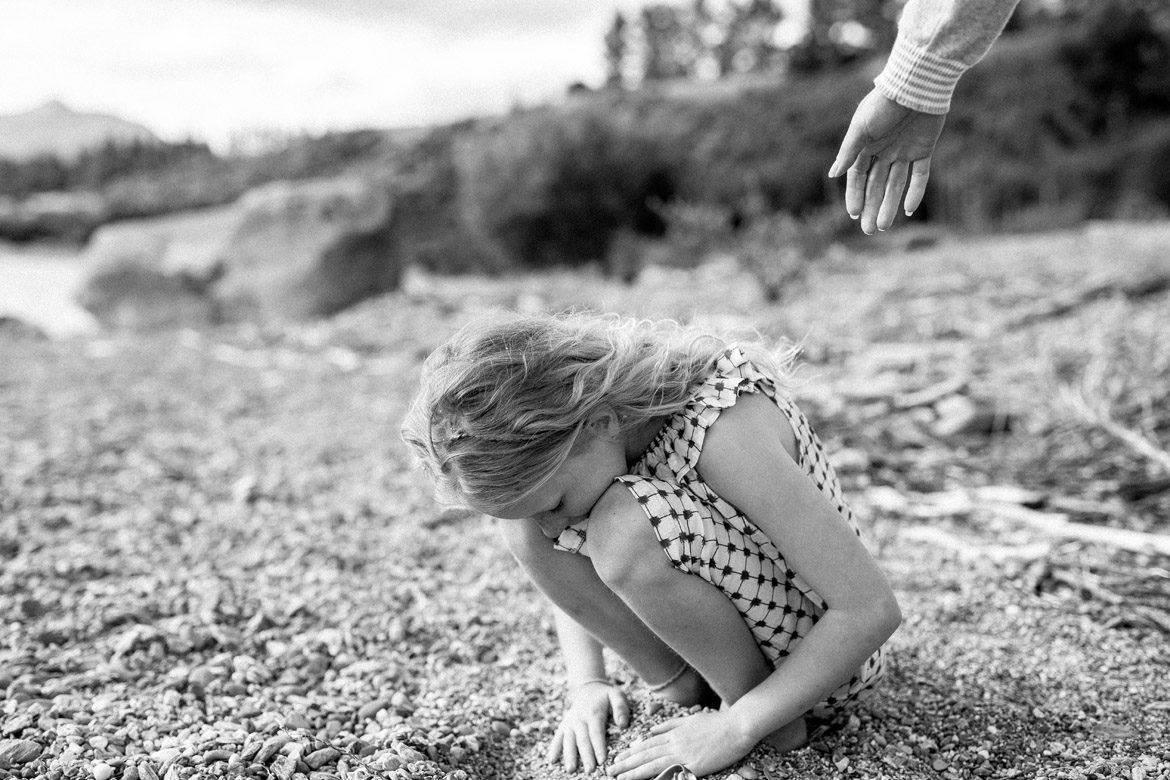By Dr. Laura Markham
“The nine most important words in any relationship:
I love you. I hear you. Please forgive me.”
Most parents find themselves insisting that their child apologize to a sibling, friend or adult on a regular basis. And yet it can feel awkward to apologize to our children, and many of us avoid it.
We sometimes justify this by saying that an apology will lessen the child’s respect for us. But just the opposite is true. Don’t you have more respect for others when they own up to their mistakes and try to make things better? Apologizing for your own off-track behavior doesn’t mean you don’t correct your child when necessary. He’ll still know who’s boss.
I think the sad truth is that most of us feel uncomfortable apologizing. Not just because we have to admit we made a mistake, but because it brings up feelings of shame for us, since we remember being forced to apologize as children.
But what does a child learn when a parent avoids apologies?
Apologizing means you’ve done something bad, or you are bad. There’s a feeling of shame attached.
It’s okay to damage a relationship and not acknowledge it, or try to repair it.
When you apologize, you lose status.
My parents always make me say “Sorry” to my siblings, but I won’t do it unless I’m forced to.
Wouldn’t it be better to teach these lessons, which your child learns when you model apologies?
We all sometimes make mistakes and we can try to make things better.
We all sometimes hurt others. It’s important to acknowledge when we do that and make amends.
When you apologize, the other person feels better about you.
I like to wait until I’m ready, but after that I don’t mind apologizing, because we all end up feeling better.
So when should you apologize to your child, and what should you say?











